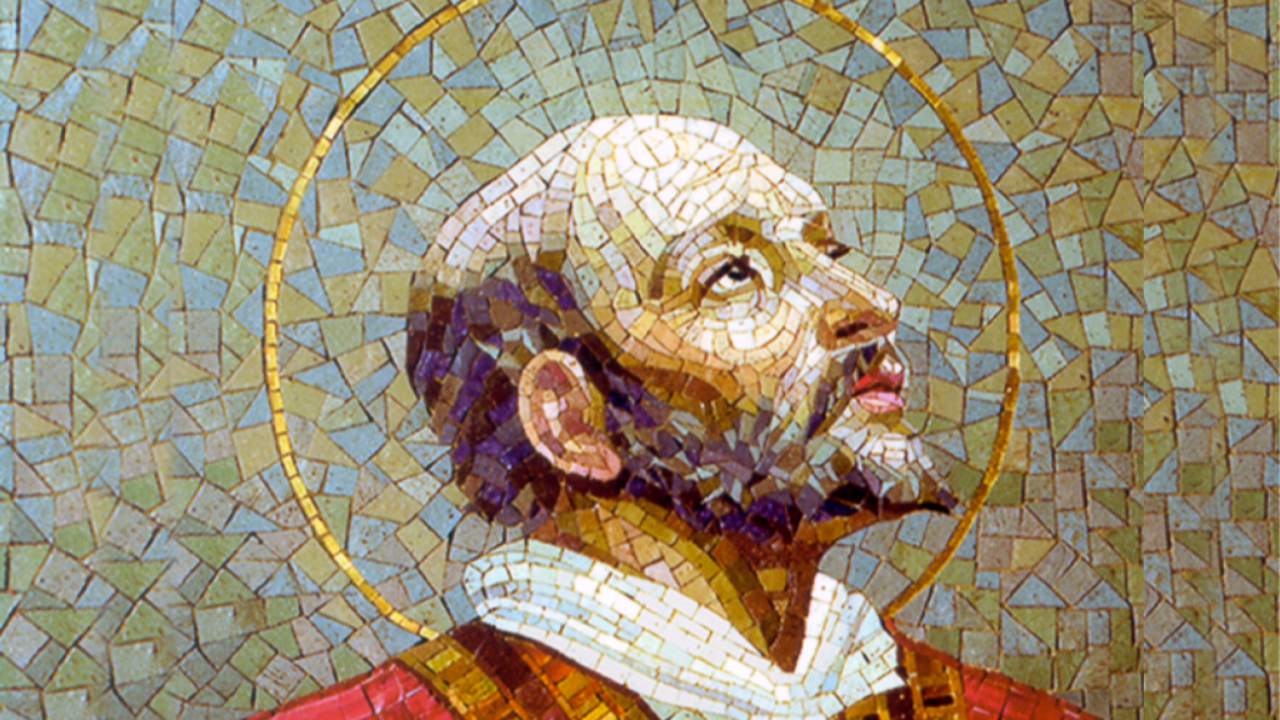Discernment of Spirits - Part I
Jun 23, 2025
One of my heroes in the faith is St. Ignatius Loyola. My admiration started at my Jesuit university Loyola, and over the years has grown. I admire Ignatius because was a spiritual entrepreneur. He saw the gaps and needs in the Church in his generation and worked to fill him. And that work has lasted now for generations. Also, I admire Ignatius because his spirituality was so practical. He wanted his spiritual life to inform his work and vice versa. I especially love the phrase a “contemplative in action” which captures the interplay between our work life and prayer life.
One of Ignatius’ greatest gifts to the Church and to practical spiritual development are his fourteen rules or practical guidelines for the discernment of spirits. As Dan Burke says in his book Spiritual Warfare and the Discernment of Spirits, “To discern is to understand and decide on a course of action regarding inspirations that influence our thoughts, words, and deeds either toward God to heaven or away from Him to hell." (Page 33)
While you may hear spiritual warfare and discernment of spirits and think of it in this cosmic grand way, discernment of spirits is really very practical. It simply recognizes that our thoughts and hearts are influenced on a regular basis by spiritual forces.
When it comes to the discernment of spirits, there are three personalities to be aware of and a three-step process to embrace:
Three personalities
The first of the three personalities is the “good spirits.” Good spirits are of God. Good spirits are any of the voices and movements in our hearts that move us in God’s direction. So the good spirits include godly wisdom from other Christ followers. Good spirits can be our own conscience speaking to us. It can be our guardian angels. Good spirits can be the Holy Spirit.
The second group are “bad spirits.” Bad spirits lead us away from God and his will for our lives. Typically, we look at the bad spirits as the world, the flesh and the devil. The world is the voices in the larger culture that work against God. It is advice or teachings that take us away from God’s will. The tricky part of saying the world is that sometimes worldly wisdom can be found among people in the Church. So we still need to discern those voices. Our own flesh can also be the bad spirit. Our fallen human nature, our pride and our own brokenness can speak to us and lead us in the wrong direction. The devil is, of course, the devil, the evil one who opposes us as well as other fallen angels. They tempt us away from God.
The third personality is ourselves. It is you and me. We have to learn to discern the voices we hear externally and internally and take appropriate action to succeed in life and fulfill God’s will. God allows us to face the challenge of discernment so that we will grow and mature. God gives us the task of learning discernment so we will be more effective in his service. As Jesus said, “Be wise as serpents and innocent as doves.” We must learn and lean into discernment to grow in our faith and to lead others into a deeper relationship with him. What is the process of discernment? I’m glad you asked.
Three-step process
Step one is to be aware. We have to be aware of ourselves and what is going on in our minds and hearts. This means paying attention to what is going on beneath the surface. It means paying attention to the movements of our hearts and knowing that, like the Transformers “there is more than meets the eye.”
Step two is to understand what exactly is going on in our minds and hearts. It’s one thing to pay attention, the second step is to correctly interpret what voice is trying to influence us. We understand whether our hearts and minds are being moved by the good spirits that move us in God’s direction or the bad spirits that are moving us away from God. This sometimes can be the tricky part and St. Ignatius’ rules or principles for discernment of spirits helps us to recognize what spirit is moving us.
Step three, we take appropriate action. Simply put, we resist evil spirits and move in the direction of the good spirit. It is one thing to be aware, it is another to understand, but most important is action. Jesus said, “Not all those who cry Lord, Lord will enter the kingdom of heaven, but those who do the will of my heavenly Father.” (Matthew 7)
As I mentioned, all this is very practical and in some ways very simple. Yet, simple does not mean easy. It takes practice on an individual basis and in parish ministry. Over the next few weeks, we are going to look at the discernment of spirits as it relates to parish ministry. How do we know the voices that are leading us in God’s direction and will and what voices are leading us away from God’s will in our parish leadership.
If you would like to get a head start, check out Dan Burke’s book Spiritual Warfare and the Discernment of Spirits. He offers a very crisp and practical explanation of each of the rules.
Rooting for you,
Tom

